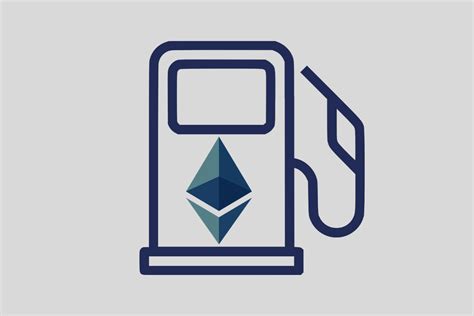Ethereum: Ripple ledger time format?
February 9, 2025AI and the New Era of Tokenomics: Efficiency Meets Sustainability
February 9, 2025
Ethereum: Do you need any event fees now? Is there any way to avoid them?
As a user of Blockchain.infos Ethereum, you are likely to be familiar with making events without paying fees. Recently, however, it has become more and more clear that transaction fees are not only optional but also inevitable on the Ethereum network.
Increase in transaction fees
In 2020, Ethereum had experienced an increase in transactions, largely due to the rise of decentralized funding (defi) and unspecified cods (NFT). Increased demand for lane width and computing power led to higher transaction costs and rewards rise to the top. According to chainalysis, the average transaction fee of Ethereum rose in May 2020 from about 0,0005 ETH to more than one ETH block in December 2020.
blockchain.infos explanation
It seems that the Blockchain.infos wallet is bone to quietly adjust its reward in response to network changes. Recently, Blockchain.info team explained that their rewards “optimize the decentralized and unauthorized ecosystem” (Source: Twitter). Basically, they use a combination of technology, including:
Increased Transaction Treatment Power : By distributing computing power between several nodes on the Ethereum network, blockchain.info has reduced its dependence on central nodes and reduced its total treatment time.
* Improved network clogging management
: The group uses advanced algorithms to control network congestion, which helps to reduce the number of events to be processed.
Avoiding transaction fees: Are there any rotation?
Although it is true that transaction fees are now a necessary part of the Ethereum ecosystem, there are still some rotation methods you can use to minimize costs:
Use free wallet options : Consider the use of a wallet, such as a metamask or Trust wallet that sacrifice more affordable and feature options.
* Batch Events : Use Blockchain.infos with several events at once. This can help reduce the total amount of the required charges.
Wait for the blockers to grow

: If you wait for a specific event to handle before doing another, consider waiting until the block time increases (eg from 15 seconds to 2 minutes).
* Consider the use of out-of-chain events : Out-of-chain events can help reduce demand for the Ethereum network and lower fees. However, these are more complex and require specialized tools.
conclusion
Although transaction fees may not be as calm as they were, it is clear that blockchain.info has tasks that alleviate their effects on users. Understanding how the payments work and are aware of possible rotation methods, you can minimize your expense and continue the bank that breaks the Ethereum network.
